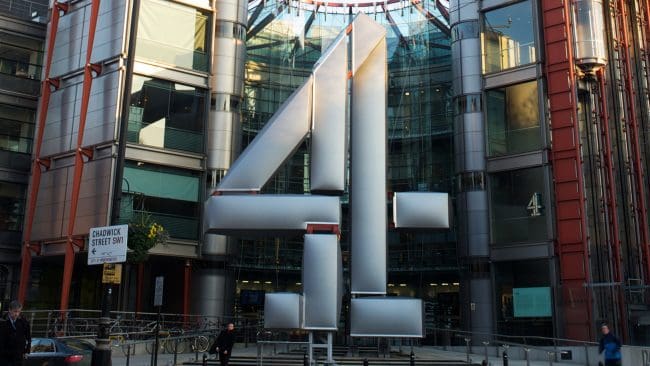A series of other major reforms of the state-owned broadcaster remain under consideration, however, senior Government sources revealed. They include the potential sale of a minority stake to a strategic partner such as BT and the introduction of National Audit Office (NAO) scrutiny of Channel 4’s accounts.
In measures designed to ensure it delivers better value for money for the taxpayer, Channel 4 could be forced to pay a dividend to the Treasury, in a partial departure from its current non-profit status, reports The Telegraph.
John Whittingdale, the Culture Secretary, is also understood to be considering forcing the broadcaster to sell its landmark headquarters in Westminster and move to either Birmingham or Manchester. The relocation plans, first revealed by The Telegraph in June last year, have been dusted off after the idea of an outright sale of the broadcaster was blocked by Downing Street.
Sources said full privatisation has been rejected in part because as senior ministers feared an outcry from the creative sector if Channel 4 was sold at auction to the highest bidder, which could have meant an American media giant such as Discovery.
The Government is already facing attacks from actors and producers over Mr Whittingdale’s BBC reforms, which are due to be published in a White Paper on Thursday.
By shifting Britain’s second state-owned broadcaster outside the capital, the Government would hope to ensure Channel 4 delivers on its remit to boost regional media.
Channel 4 executives are likely to be relieved that the broadcaster will not be privatised, but have already spoken out against a stake sale and it is unclear how many would stay on if it was moved outside central London.
David Abraham, Channel 4’s chief executive, has argued that “part-privatisation” would be the first step towards a full sale.
“History tells us that part-privatisations are like crossing the Rubicon and realising you’re on a sinking ship – once you’ve started you can’t go back,” he said.
Mr Abraham is due to unveil Channel 4’s annual report on Tuesday, which is expected to show it enjoyed record sales in a marquee year for the television advertising market. Mr Whittingdale has claimed that it is threatened by the volatile and cyclical nature of advertising and recently told MPs the broadcaster’s future would be more secure if it had an outside investor.
A report last week by business academics for the Channel 4 board said that BT was a likely bidder. The broadcaster already sells the advertising slots for the BT Sport channels.
The future of Channel 4 will be finalised after the BBC reforms.
The developments came as Mr Whittingdale was forced to concede that Rona Fairhead, the chairman of the BBC’s current governing body, will stay on as chairman of a new unitary board that will run the corporation.
The Culture Secretary had planned to sack Ms Fairhead, who currently chairs the BBC Trust, and carry out an open recruitment process, with his preferred candidate said to be Archie Norman, the ITV chairman who is stepping down this week.
However, his manoeuvres were outflanked by Ms Fairhead, who appealed to the Prime Minister for the chance to continue in her role. She will now stay on until 2018.


